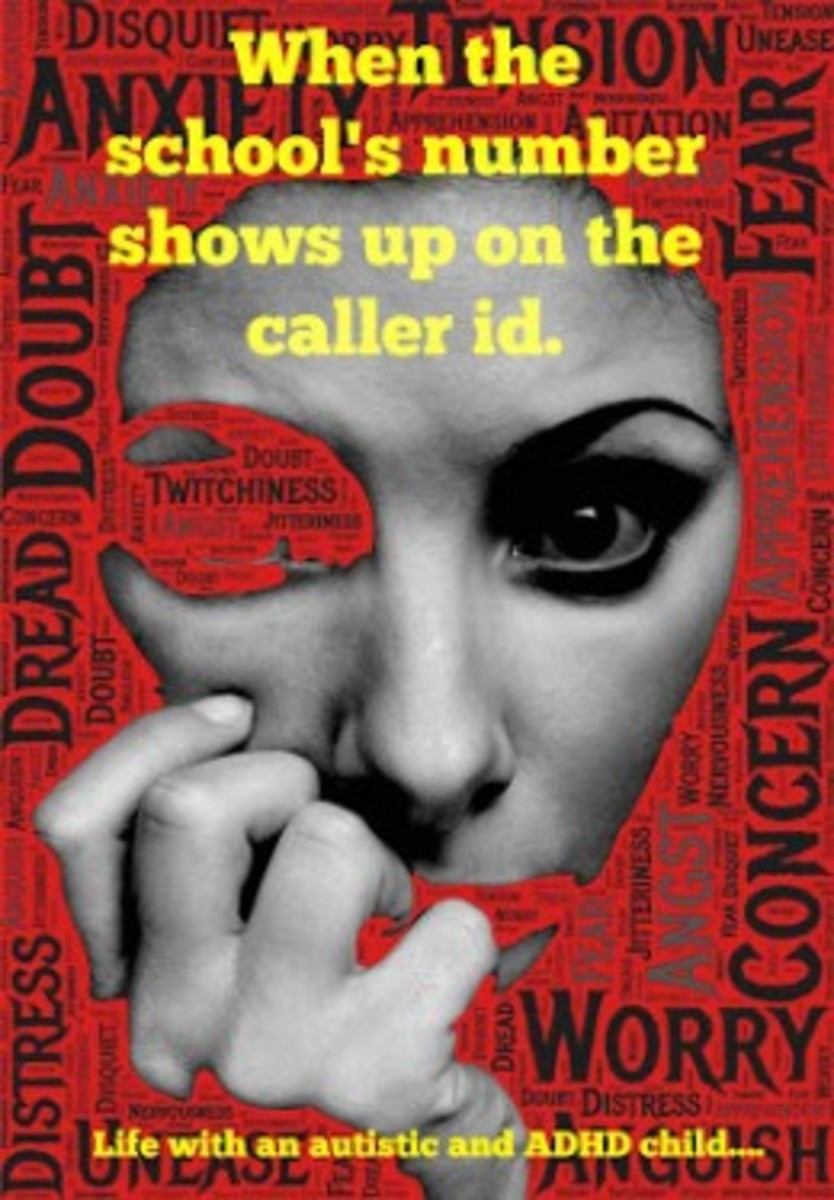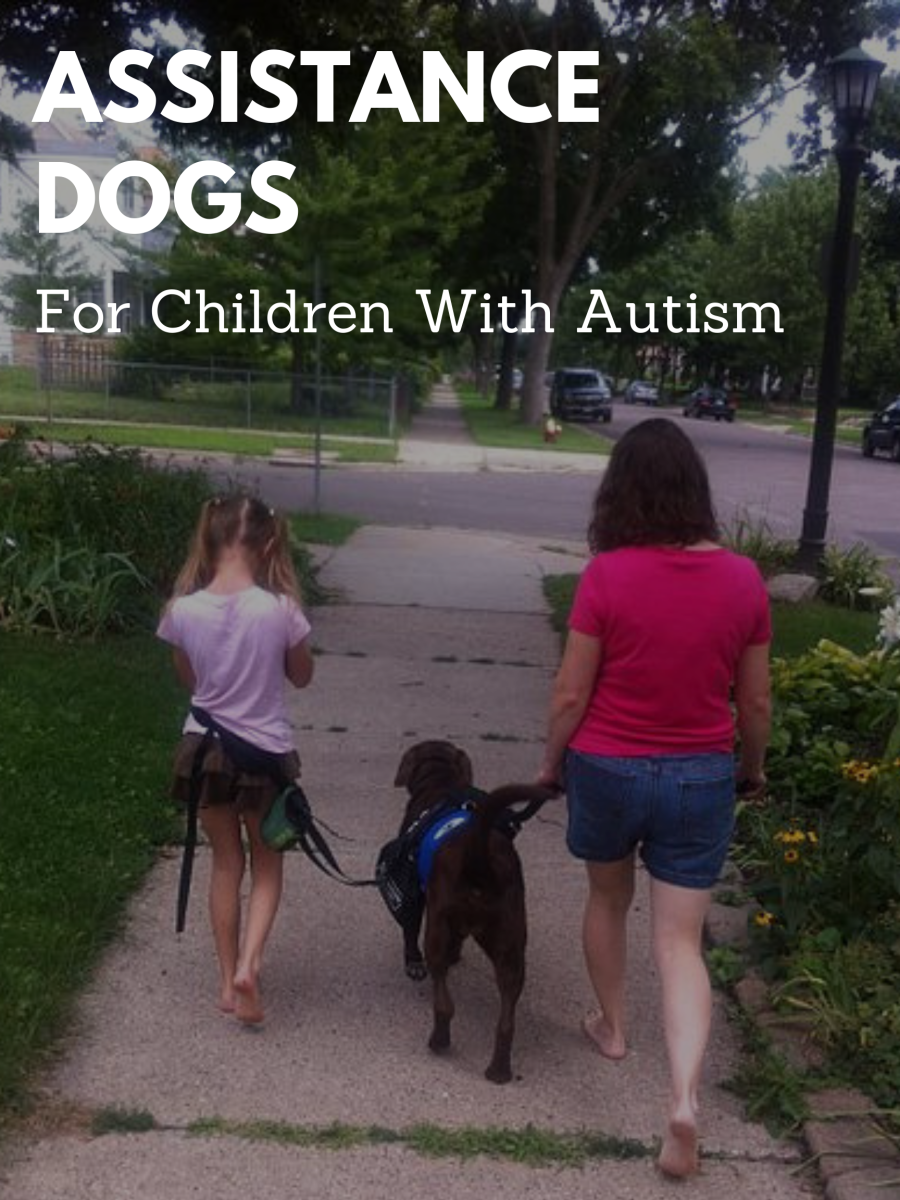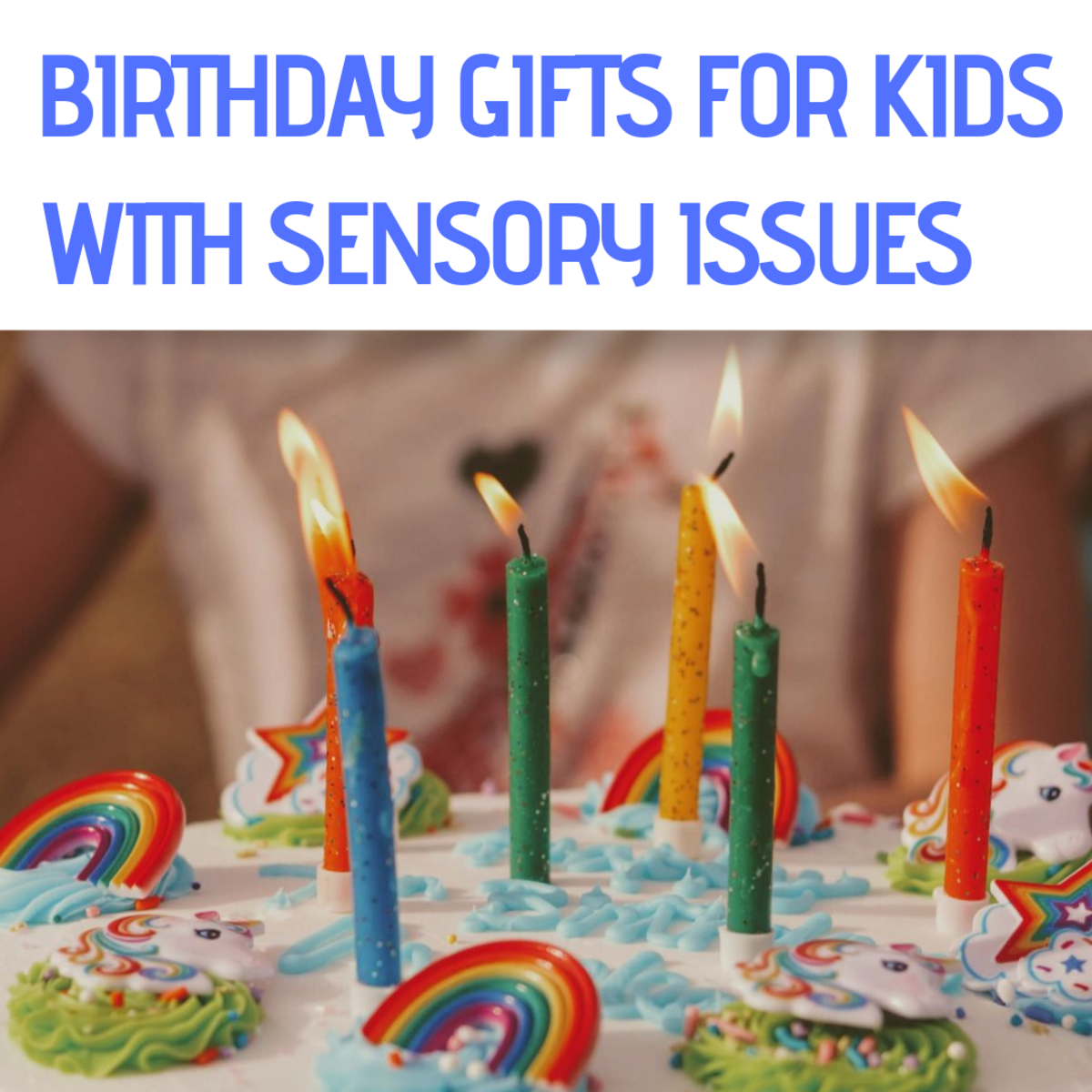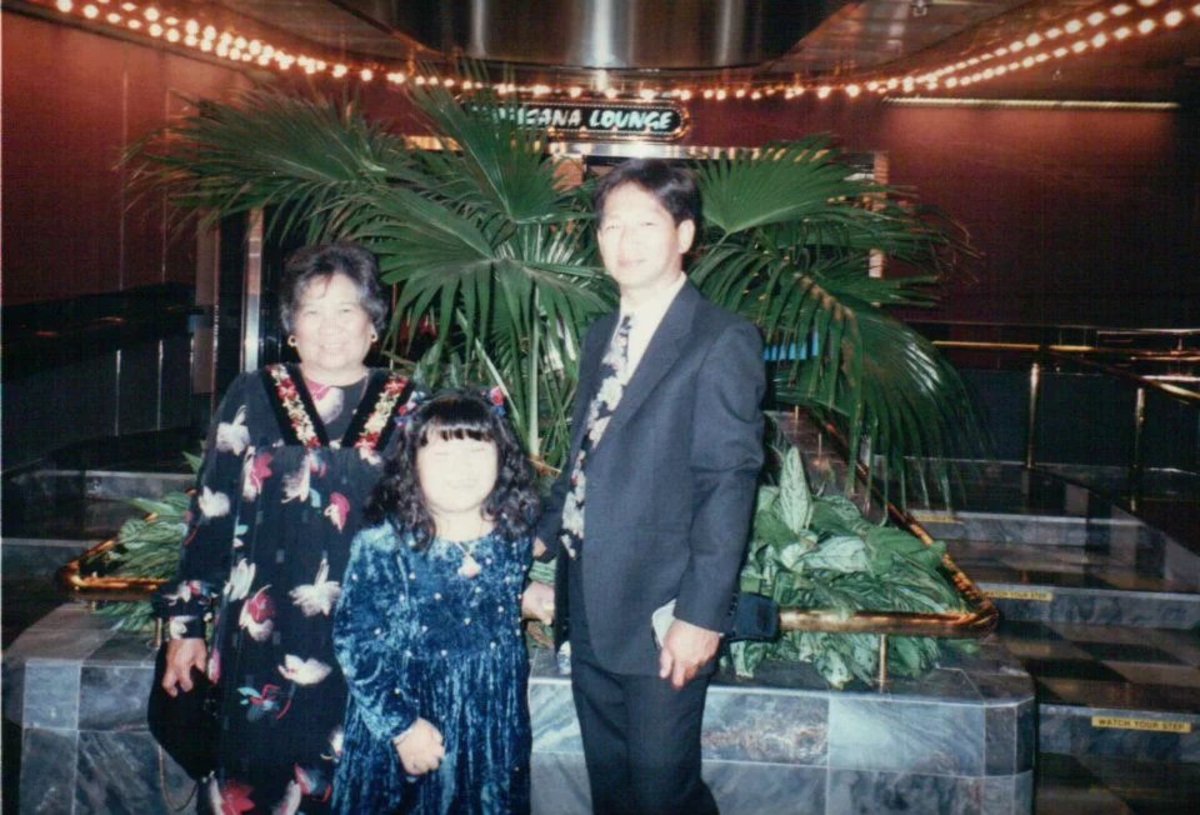- HubPages»
- Health»
- Diseases, Disorders & Conditions»
- Autism & Asperger's Syndrome
Autistic Children Senses Are Out Of Sync
Sensory Integration Is A Difficult Aspect Of Autism
Sensory integration may be the most difficult aspect of autism to understand but it is arguably the most critical. Cognitive and social learning cannot break through to a child whose world is blindingly bright and physically complicated to navigate. His brain cannot filter multiple sensory inputs and he frequently feels overloaded and unsettled in his own skin. If you neglect a child's sensory challenges you will never get close to discovering her capability. Sensory issues are that crucial to her overall ability to function. For the non professional gaining a working understanding of how sensory integration issues affect a particular child can be downright intimidating. It is an area of immense complexity and pervades everything we do or try to do. That is why it is the first outpost of autism we should address.
Unconditional Love For Your Autistic Child Is Both Magical And Attainable

Autism Random Behavior Never Comes Out Of Nowhere
Science has long recognized that sensory integration takes place in the brain stem and that sensory integrative dysfunction causes what amounts to a traffic pile up in the brain. You may already be looking right at the manifestation of sensory overload and not recognize it. One of the few universal truths about autism is no matter how unprovoked and how random it may appear the behavior never comes out of nowhere. There is always a detonator so find it and keep in mind that if your child is nonverbal or has limited verbal skills she will not be able to tell you what is causing such discomfort. Even your chatterbox child who seems so verbally competent may not have the vocabulary or awareness that is sophisticated enough to describe what is happening within her complicated neurology. Developing a practical understanding of sensory integration can be challenging. As many as twenty one sensory systems are at work in our bodies.
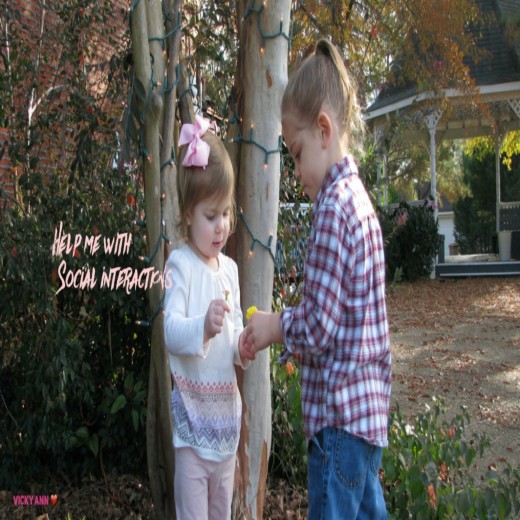
Identify What Triggers Their Meltdowns
There can be innumerable reasons why a child with autism blows up and loses it. Being brat or spoiled is so far down the list of possibilities. A meltdown is a clear message from a child who is not able to tell you in any other way that something in his environment has caused his delicate neurology to go off. For the non verbal child there may be no choice if he has been provided no alternate functional communication system. Regardless of the child's verbal skills it will be easier for you to remember always that it is not within his control. He does not make a conscious choice to melt down. Thinking for even a moment that the child somehow wants the kind of negative attention from a meltdown is illogical and counterproductive. With practice the assumption that there is a trigger and the curiosity and tenacity to delve for it can become second nature.
As you search for triggers never forget that whatever the underlying cause your child likely cannot articulate it. Seeking out reasons can be laborious and challenging. It is not the same as coming up with an excuse for the behavior. An excuse is merely an attempt at justification and may or may not have any truth behind it.
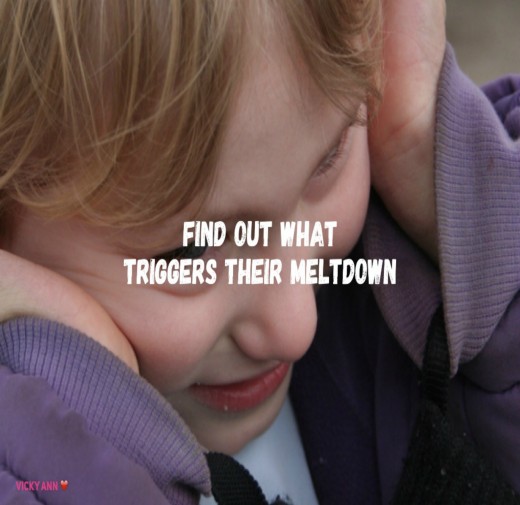
The Comprehension Of An Autistic Child
Zebras give the impression of being white with black stripes because the stripes end without joining under the belly and around the legs. But the hide of the zebra is actually black. It is a lesson from Mother Nature that things are not always as they appear on the surface. And so it is with many of the complexities of autism.
It is hard to distinguish between what our child chooses not to do and what he is not able to do.
- They do not listen to instructions.
- They do not stop rapping their knuckles.
- Walking away in or mid sentence or other odd.
- Inexplicable or narrowly focused actions.
We adults assume comprehension assume that because he did something once he can repeat the behavior without further prompting. As adults do with so many challenges our children face we make all sorts of assumptions about knowledge and ability without stopping to consider that our assumptions may be the root of the problem at hand. Today's psychology recognizes varied motives for behavior such as bids for attention. Some may be the direct result of challenges from autism others may be developmental stages that all children autism or not pass through. You may be surprised at how often lack of information or opportunity plays into your child's reluctance or refusal to do what you have asked. In other words a child with autism often dreads failure and criticism. This breeds pervasive stress and anxiety in him.
What Do You Think?
Can we prevent Autism?
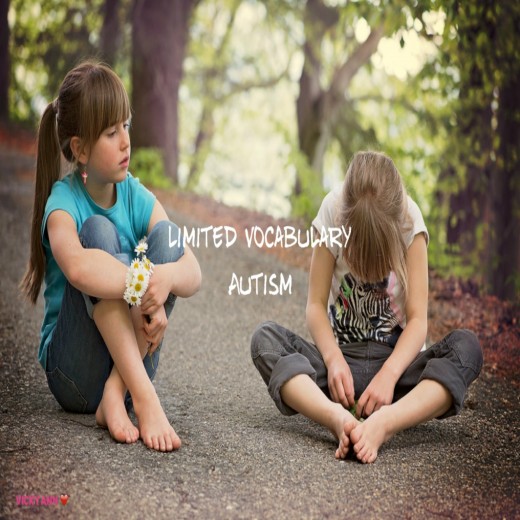
Autism And Their Limited Vocabulary
To children with autism with their concrete visual thinking and for many their limited vocabularies must be very disturbing. When you tell him it raining cats and dogs you mean it is raining hard. One interpretation of the origin of this idiom goes back to the English floods of the seventeenth and eighteenth centuries. After torrential downpours the bodies of drowned cats and dogs litter the streets. It appeared as if they had rained from the skies. And I am sure this is what many young ones with autism visualize when you say it is raining cats and dogs. Communicating with a literal thinking child requires that we pause to consider our phrasing. It may take some retraining and with maturity and education the concrete thinking child can climate to some degree of recognizing idioms and inferential language. Watch for common snag like these to Idioms and cliches.
Autistic Children Are Visual Thinkers
Do Not Say
| Instead Say
|
|---|---|
Bite your tongue.
| Do not speak to me like that.
|
Let us call it a day.
| It is time to stop for now.
|
You are the apple of my eye.
| I love you very much.
|
I am at the end of my rope.
| I am getting angry.
|
Story About Curing Autism
Rising above and firmly pushing aside our own fears and lost dreams can seem like a mission of overwhelming enormity. Your child's limitations become yours and the social settings he cannot handle which can be a long list. But it is a privilege to to love them unconditionally. It will teach you profound lessons about how excruciating it can be to keep that kind of love at all times. It will take courage to admit that you are scared and depleted. In the early days of contemplating what family life would be like with autism in your midst it could be much worse because if you look around you people had far more devastating things worse than autism threw at our family.

